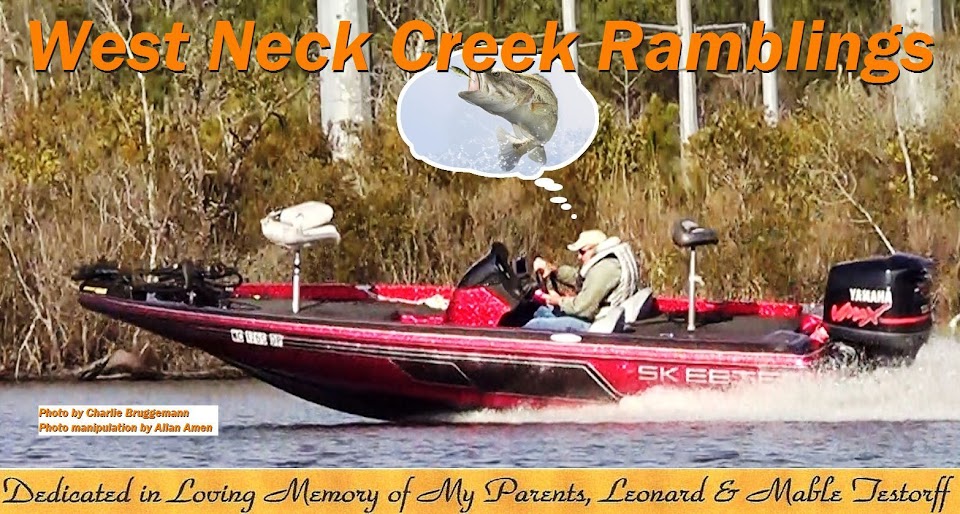That they and their partners escaped injury that day, given the hazards that often lie just beneath the surface in areas outside those markers, is somewhat of a miracle. That they would demonstrate such reckless boating etiquette right in front of the tournament director (yours truly) literally astounds me.
There are only two reasons I didn't disqualify everyone involved. First and foremost, our current tournament rules and regs don't specifically cover such situations... but they will next year. That much, I promise you. And second, neither of the parties involved finished in the money.
Rule 13 of the "Rules of the Road," officially named by the U.S. Coast Guard as the Inland and International Navigation Rules, says this about "overtaking":
"If you are approaching another vessel from the stern while you are overtaking it, it is your duty not to impede the movement of that boat. You need to stay out of its way."
The most commonly accepted way of complying with this rule is to pass on the right, when safe to do so. However, making a wide pass to the left is OK if the channel doesn't allow passing safely on the right. Be careful when passing on the left of the vessel ahead of you that another oncoming boat isn't blocked from your view.
At no time, however, should you pass another vessel while operating outside the channel markers--not in West Neck Creek, not on the North Landing River, not anywhere. If there isn't enough room to pass safely otherwise, the correct action is to slow down and follow the boat ahead of you.
'Twould seem to me that we, as Dewey Mullins Memorial Bass Tourney Series anglers, should be setting a better example. I feel like I knew Dewey well enough to know that he never would have condoned such actions on the water, especially during a tournament. Let's honor his memory by always doing the right thing. Above all else, that's what Dewey was about while he was running these tournaments.
Read what others have to say about good boating etiquette:
* http://www.bassresource.com/beginner/boating_etiquette.html
* http://www.bassresource.com/fishing/etiquette.html
* http://www.bassresource.com/fishing/tournament_etiquette.html
* http://www.bassjack.com/etiquette.htm
* http://www.bassmaster.com/blog/bass-boat-etiquette#
* http://www.basspro1source.com/index.php/component/k2/127-boating/1145-boat-launch-etiquette
* http://indianabass.com/tournaments/tournament-etiquette/
* http://www.wrcbtv.com/story/15033596/pro-tip-boat-ramp-etiquette



You make great points Ken. Most fishing organizations do have sportsmanship and safety rules for tournaments that situations such as this would fall under. I recall a professional tournament disqualification not too long ago for passing too close to another competitor, whom was fishing, while under power.
ReplyDeleteUnfortunately, there was another competitor in your tournament, and in the money, who was clearly in violation of an unsafe act while under power. The North Landing marsh creeks are too narrow with nearly blind turns for powering through or past other boaters. There is no excuse for passing another boat within 15 feet while on plane and going through a turn in these creeks. If I was fishing the tournament I would have protested. We escaped a possible accident, but not the swamping of my boat. I will refrain from naming the individual as I am confident he is aware of the incident.